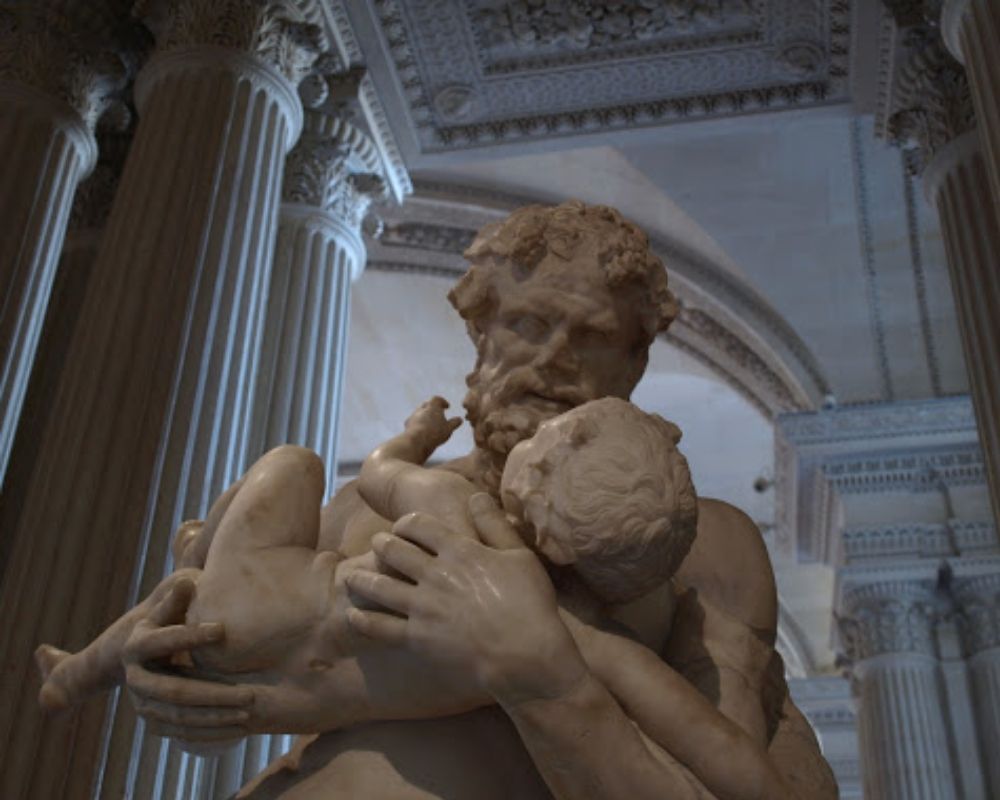35+ Facts That Prove They Didn’t Tell Us The Coolest Things About Ancient Rome In School
This article appeared in thefashionball.com and has been published here with permission.
Every kid learns about Ancient Rome in school but did we really learn about all of ancient Rome? No way, there are tons of cool facts that are left out of those dry history lessons we sat through in class. So we thought it might be cool to share some facts that prove they didn’t tell us the coolest things about Ancient Rome in school. We hope that you find them as interesting as we did.
Father Knows Best
It is not a surprise that in the old days of Rome, the father of a family was the head of the family and had all the power. But some of the powers that they had were absolutely crazy. They had complete control over everyone's lives.

This included the ability to disown a newborn and cast them out of the house. All they had to do was say they were unable to feed them, and it was perfectly acceptable. Sounds pretty cruel.


